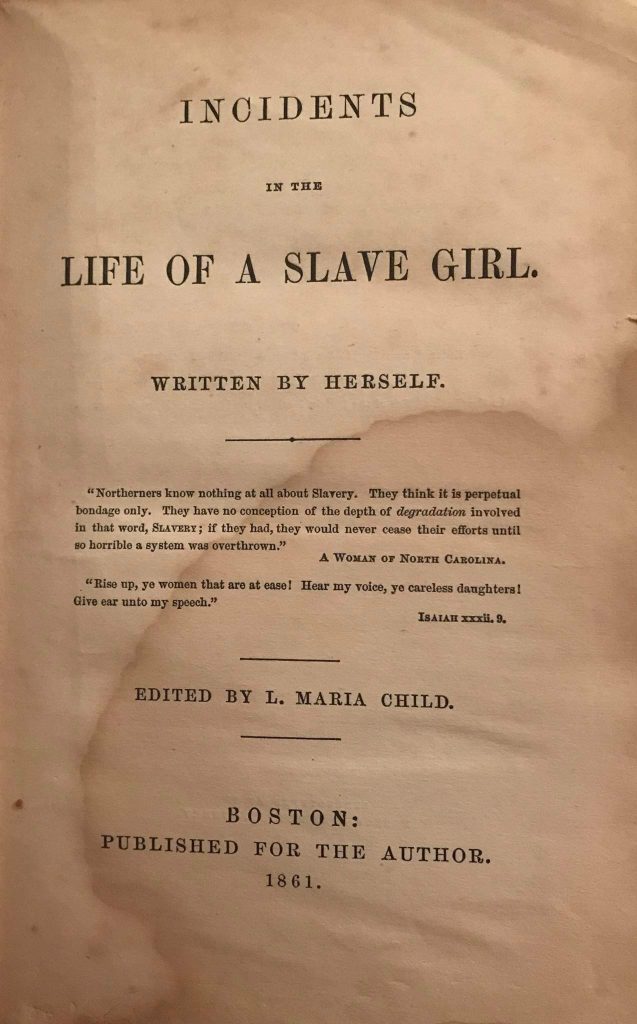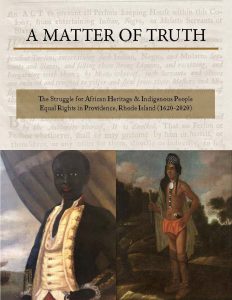From our family collection, an original 1861 publication. Harriet Jacobs was born into slavery in North Carolina and the author of “Incidents in the Life of a Slave Girl,” published in 1861 and one of the first autobiographical narratives about the struggle for freedom by an African heritage woman. Jacob’s offers an important window into one of many West African customs that would survive the Middle Passage and follow the enslaved into the West Indies and Americas as an important African tradition that would take place between Christmas and New Year’s stating: “Every child rises early on Christmas morning to see Johnkannaus. Two athletic men in calico wrappers have a net thrown over them, covered with all manner of stripes. A box covered with sheepskin is called the gumbo box. A dozen beat on this while others strike triangles and jawbones, to which bands of dancers keep time.”
As described by Jacobs, the Christmas celebration may very well have an Akan people of Ghana origins known as the “Fancy Dress Festival,” a masquerade festival held on Christmas to the first day of January each year. Other forms of this African festival can be seen in Jamaica and are known as John Canoe or Jonkonnu, and in the Bahamas, it is a national festival known as Junkanoo.
What Harriet Jacobs tells us and what we should most remember and celebrate this Christmas season is that slavery is not Black history; Black history is how our African heritage ancestors across the Diaspora survived and thrived despite enslavement.
Merry Christmas and Happy Jonkonnu!

- Saving Old Glory - March 31, 2023
- Keith Stokes receives Outstanding Achievement in Leadership Award - December 22, 2022
- Harriet Jacobs - December 22, 2022


 Click on image to view pdf
Click on image to view pdf
Leave a Reply